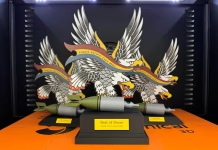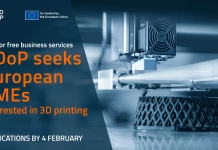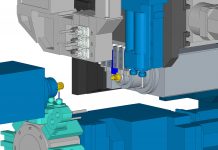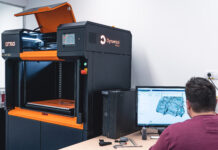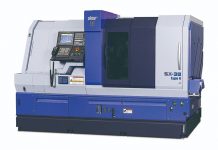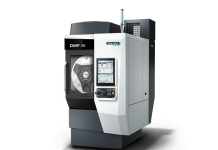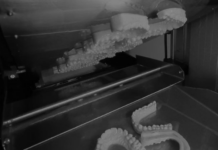Blackstone Resources AG is pleased to announce that it has achieved a series of important milestones for its proprietary 3D printing technology to print lithium ion solid-state batteries.
Following the conclusion of an extensive development contract with the German Fraunhofer Institute, the first prototypes for printed battery cells will be tested in Q1 2021.
The company has been investing in the next generation of battery technology through its German subsidiary Blackstone Technology GmbH. This includes patented 3D printing techniques and research into the mass production of batteries, which has been shown to offer greater energy density and a higher number of charging cycles.
Blackstone Technology’s 3D printing process offers substantial advantages over conventional battery cell design that use liquid electrolytes. This includes:
- significantly lower costs
- a higher level of production flexibility when it comes to the format of the cell
- 20 % increase in energy density
Moreover, by using this technology, the amount of materials that do not store energy could be reduced by up to 10 % i.e. copper and aluminium. These advantages can be achieved independently of the electrode chemistry.
Having developed and tested this technology, Blackstone is ready to take the next step. To achieve the highest efficiency and greatest leveraged from this 3D printing technology, the company plans to produce 3D-printed solid-state battery cells.
This could be a game changer for the development of solid-state batteries. An automated 3D printing production process could save up to 70 % of the traditional Capex used to produce solid-state batteries. Solid-state batteries are also safer as they do not use flammable liquid electrolytes that are also more harmful to the environment.
3D-printed solid-state battery cells for mass production
Holger Gritzka, CEO of Blackstone Technology GmbH says: “Together with the developments we have made in 3D printing battery technology to date, this development paves the way for the mass production of solid-state battery cells. In addition to major markets such as the automotive industry, marine applications and new 5G wireless networks would benefit from the advantages that 3D printed solid-state cells can offer”.

